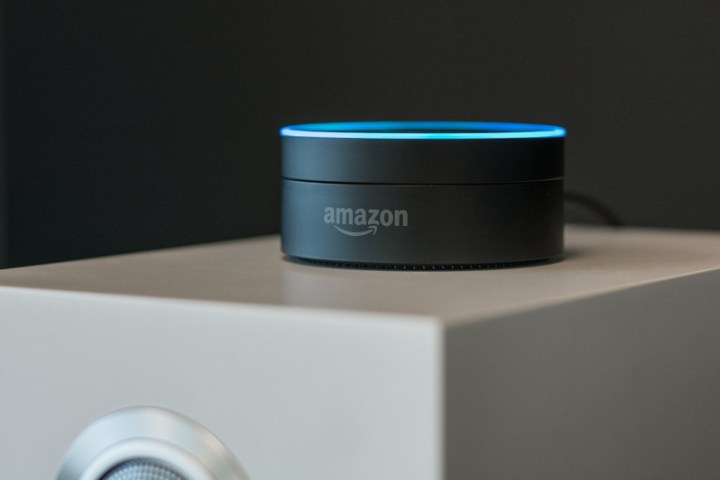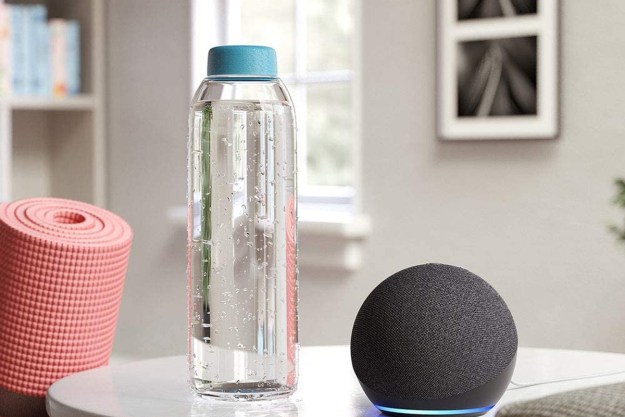
Alexa originally could manage 15 command categories called “intents,” which are used with voice inquiries. Common intents include stop, cancel, help, yes, and no. Alexa skills programming also includes “slots,” which are similar to data types. Examples of slots include date, number, city, and time. Depending on the type of question or request, Amazon also enriches intents, so if a user asks about the weather, for example,
The Alexa Skills Marketplace, where users can locate, download, and activate skills, originally had about 100 skills. That number has now grown to more than 5,000. Skills are similar to mobile apps, but they are built specifically for voice interchange with
During the next few weeks, Amazon plans to add hundreds of new commands, slots, and intents to the Alexa Skills Kit, initially for use in the U.S. only. The
In the interest of improving how Alexa understands and responds to user requests, Amazon has been tracking how questions are asked in order to improve the voice assistant’s natural language understanding. The goal is to make it easier for users to obtain an appropriate response or action from
Making it easier to build Alexa skills while at the same time increasing
Editors' Recommendations
- What to do if your Amazon Alexa app is not working
- Alexa adds new features to help with your holiday shopping
- Adding AI to Alexa is the brain transplant we’ve all been waiting for
- Amazon to pay $30M in FTC settlements over Alexa, Ring privacy violations
- The 8 best Alexa holiday commands




